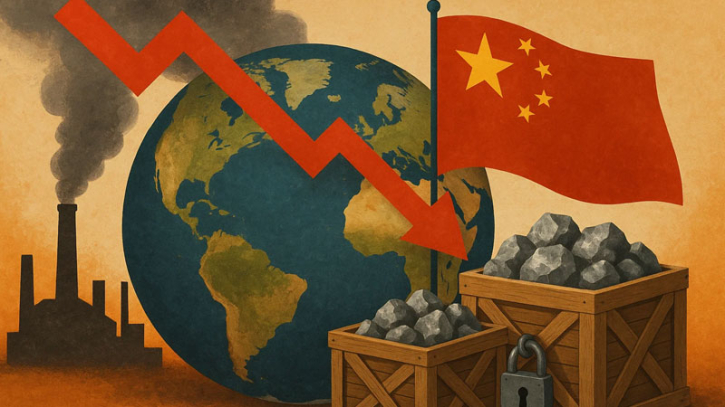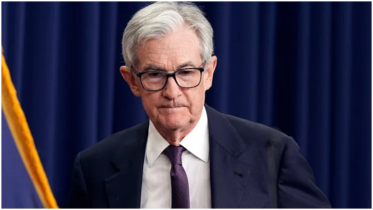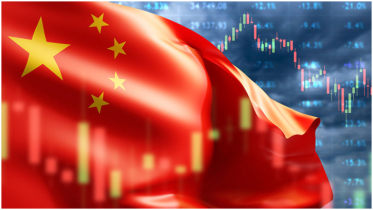Global concerns mount as China's critical mineral export curbs take effect

Alarm is growing worldwide as China’s restrictions on critical mineral exports come into force, deepening fears over supply chain vulnerabilities and intensifying geopolitical tensions.
Beijing’s move to tighten control over exports of essential materials—such as rare earth elements and other key inputs used in semiconductors, electric vehicles, and military technologies—has triggered a wave of concern among major economies reliant on these resources.
The export curbs are widely viewed as a strategic response to mounting pressure from the United States and its allies, particularly amid ongoing trade disputes and efforts to limit China’s access to advanced technologies.
Analysts warn that the restrictions could severely impact global manufacturing and innovation, especially in high-tech and green energy sectors. Countries heavily dependent on Chinese minerals are scrambling to secure alternative supply sources and accelerate domestic production and recycling efforts.
In Washington, officials have accused China of “weaponizing” its dominance in the critical minerals market, pointing to recent delays in export licenses for rare earth magnets and other essential components as evidence of deliberate economic coercion.
The move comes as tensions between the U.S. and China remain high, despite a brief cooling-off period following a temporary trade truce in May. U.S. Deputy Treasury Secretary Michael Faulkender recently said Beijing had been “slow-walking” approvals, further complicating diplomatic negotiations.
Meanwhile, the European Union, Japan, South Korea, and other industrial powers are also voicing concern, calling for coordinated strategies to reduce dependence on Chinese exports and ensure stable access to the materials vital to their economies and national security.
As global leaders brace for the broader fallout of China’s mineral curbs, the issue is expected to take center stage in upcoming trade and security discussions, including at the G7 and OECD summits.
The escalating standoff underscores the growing intersection of economic policy and national security, as nations rethink their exposure to supply chains dominated by geopolitical rivals.
.png)




